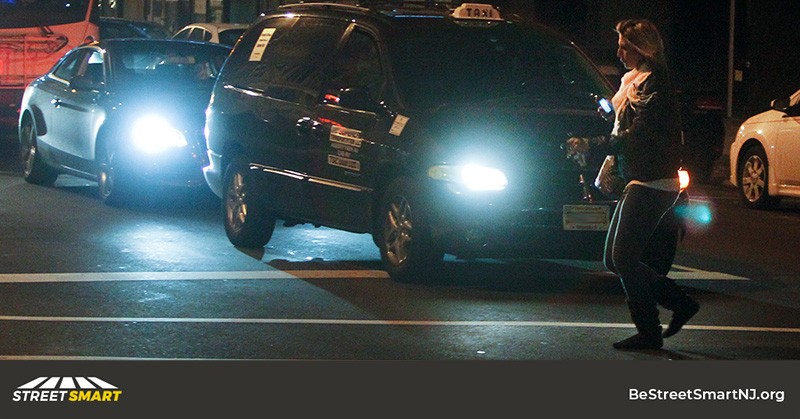Wednesday, November 1, 2023
Daylight Saving Time Ends This Weekend

It's that time of the year when clocks fall back one hour. Sunday morning will be the end of Daylight Saving Time and while that means an extra hour of sleep this weekend, it also means changes to sleeping patterns as well as a darker commute on the way home.
The National Highway Traffic Safety Administration (NHTSA) estimates that there were 684 deaths from drowsy-driving-related crashes in 2021, the most recent year available. Drowsy-driving crashes occur most frequently between midnight and 6 a.m. or in the late afternoon, according to the NHTSA. Both times are when people experience dips in their circadian rhythm -- the body's internal clock that regulates sleep. Crashes, which frequently occur on rural roads and highways, often involve only a single driver running off the road at a high speed with no evidence of braking.
Each year, the National Sleep Foundation designates Drowsy Driving Prevention Week as the week following the end of Daylight Saving Time. The goal of this annual campaign is to reduce the number of drivers who drive while sleep deprived.
It may not seem significant but loss of sleep can affect reaction time, a critical aspect of driving. That's why drowsy driving is sometimes compared to drunk driving. Keep safety in mind when you're behind the wheel this month by following some of these suggestions:
- Avoid distractions and be extra alert when driving, especially at dusk and in the dark
- Come to a full stop before reaching a crosswalk or intersection and look for people trying to cross before proceeding.
- Slow down for safety. If a crash occurs, it’s less likely to be fatal when cars are travelling at slower speeds. It’s also easier to quickly stop a moving vehicle when it’s traveling at a slower speed.